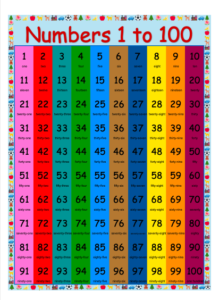‘I wish you luck / all the best / a happy birthday’ etc.:
I wish you all the best in the future.
Wish me luck.
‘wish somebody something’ (luck I a happy birthday etc.).
For example:
I’m sorry you’re not well. I hope you feel better soon. (not I wish you feel)
I wish you a pleasant stay here.
I hope you have a pleasant stay here. (not I wish you have)
We also use wish to say that we regret something, that something is not as we would like it. When we use wish in this way,
I wish I knew what to do about the problem. (I don’t know and I regret this)
I wish you didn’t have to go so soon. (you have to go)
Do you wish you lived near the sea? (you don’t live near the sea)
Jack’s going on a trip to Mexico soon. I wish I was going too. (I’m not going)
To say that we regret something in the past, we use wish + had … (had known I had said) etc.:
I wish I’d known about the party. I would have gone if I’d known. (I didn’t know)
lt was a stupid thing to say. I wish I hadn’t said it. (I said it)
I’ve met that man before. I wish I could remember his name. (but I can’t)
I wish I could have (done something) = I regret that I could not do it:
I hear the party was great. I wish I could have gone. (but I couldn’t go)
For example:
It’s been raining all day. Tanya doesn’t like it.
She says: I wish it would stop raining.
Tanya would like the rain to stop, but this will probably not happen.
I wish … would when we would like something to happen or change. Usually, the speaker doesn’t expect this to happen.
We often use
The phone has been ringing for five minutes. I wish somebody would answer it.
I wish you’d do(= you would do) something instead of just sitting and doing nothing.
I wish … wouldn’t … to complain about things that people do repeatedly:
I wish you wouldn’t keep interrupting me. (= please don’t interrupt me)
We use I wish … would … to say that we want something to happen. But we do not use I wish … would … to say how we .
I wish Sarah would come. (= I want her to come)
I wish Sarah was (or were) here now. (not I wish Sarah would be)
I wish somebody would buy me a car.
I wish I had a car. (not I wish I would have)
I wish! (informal)
used to say that something is impossible or very unlikely, although you would like it to be possible
“You’ll be finished by tomorrow.” “I wish!”

